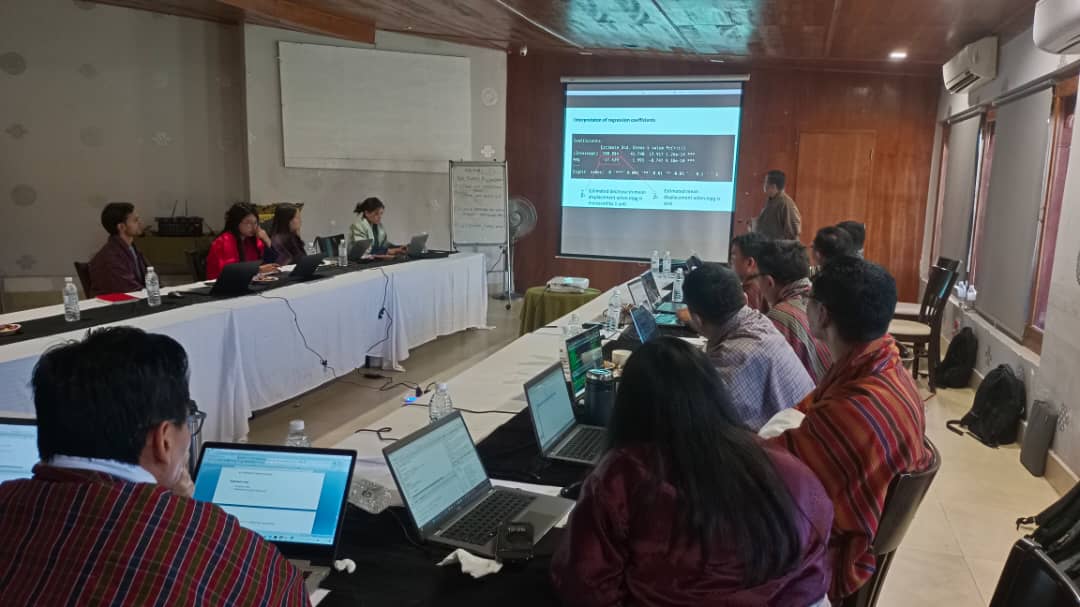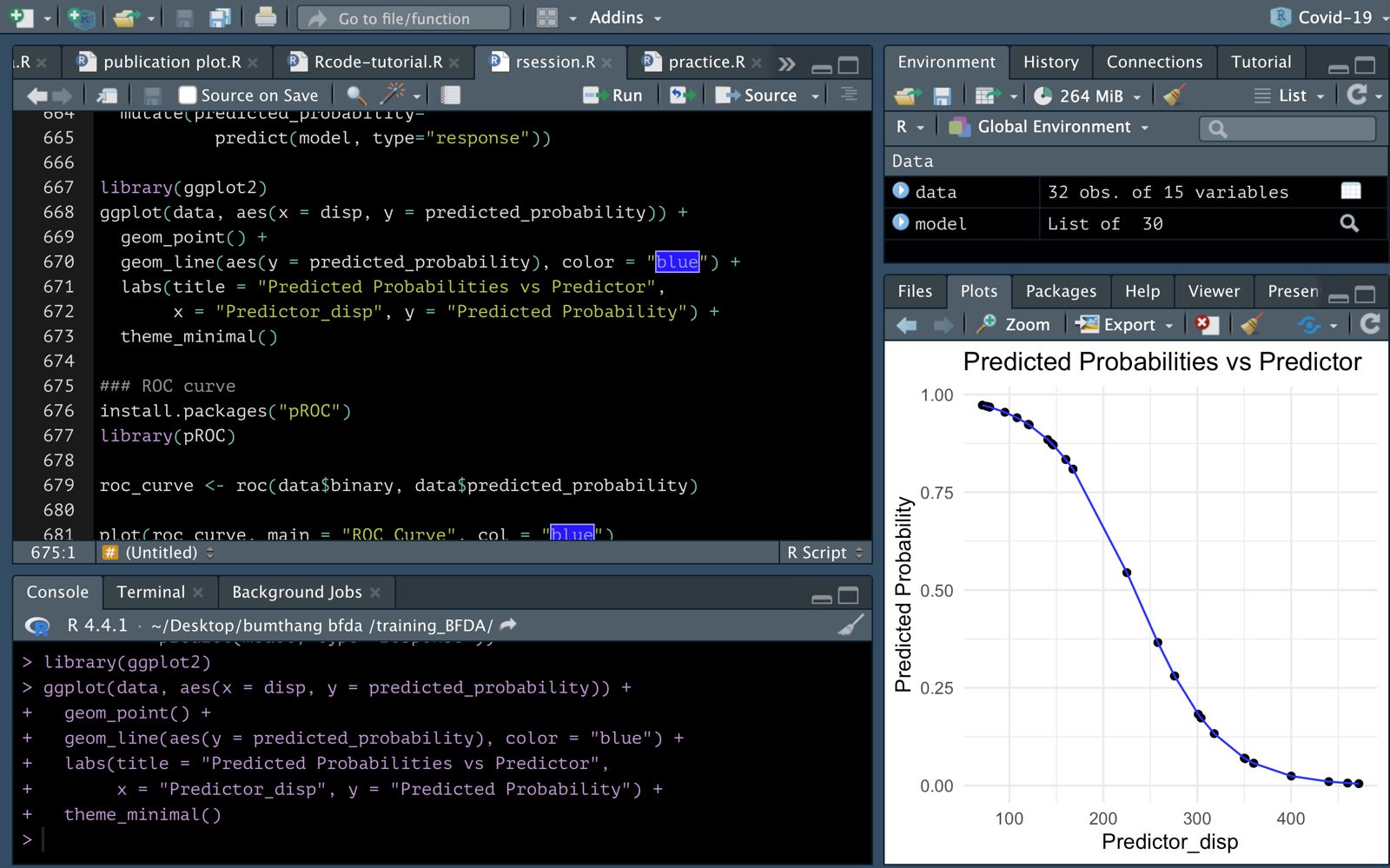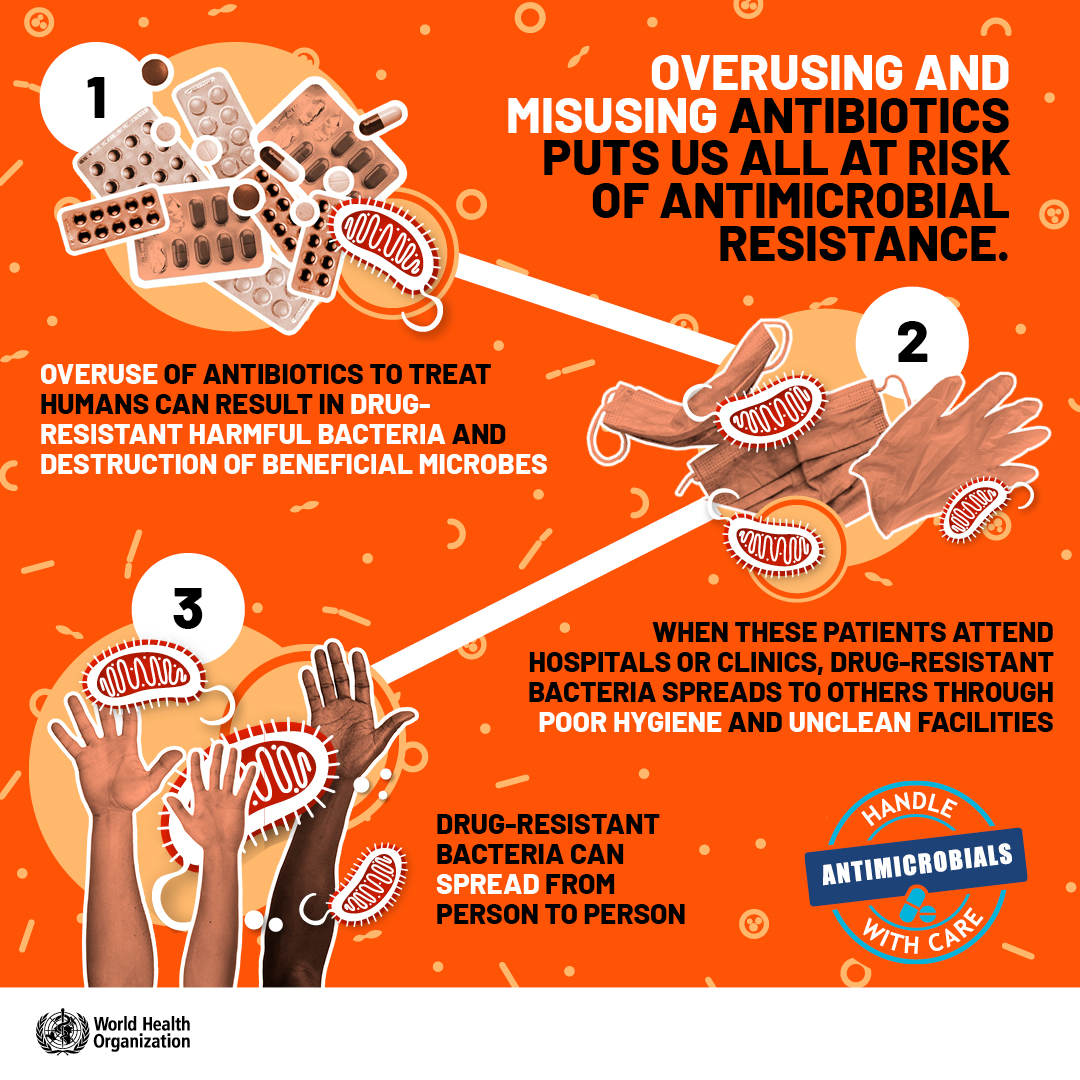In today’s rapidly evolving world, the need for research and data analysis has become essential. The National Centre for Animal Health, along with the Regional Veterinary Hospital and Epidemiology Centre in Gelephu under the Department of Livestock collaborated to train Bhutan Food and Drug Authority (BFDA) officials in research methodology and data analysis. The BFDA conducted this training in two separate cohorts: one for BFDA inspectors and another for BFDA officers. The first cohort was held in Bumthang from October 21-26, and the second in Paro from November 4-8.
Training Topics Covered
- Types of Research & Study Designs: Including case reports and series, cross-sectional studies, case-control, cohort studies, and experimental designs.
- Sampling Techniques: For both qualitative and quantitative studies.
- Statistical Analysis:
- Descriptive Analysis: Measures such as mean, median, mode, standard deviation, range, and interquartile range (IQR).
- Inferential Analysis: Hypothesis testing methods, including chi-square, t-tests, linear regression, and logistic regression.
- Scientific Integrity: Addressing issues such as plagiarism and other forms of scientific misconduct.
- Poster Design: Creating effective scientific posters.
- Data Visualization: Using tables, graphs, maps, and more.
- Questionnaire Design: Epicollect5 project for theory and practical sessions.
- Referencing and Citation: Practical training with Mendeley.
The data analysis segment emphasized both descriptive and inferential statistical methods. Participants gained skills in summarizing data with key descriptive measures, including central tendency, variability, and data distribution. For inferential analysis, the training introduced hypothesis testing and model-based techniques, such as regression, to help participants draw meaningful conclusions and make predictions based on data. The session also covered interpreting and reporting statistical results, equipping participants to confidently analyze data and present findings accurately.
The R statistical software training focused on providing participants with practical skills for data handling, analysis, and visualization. Trainees learned foundational operations in R, including basic arithmetic, sequencing, and data manipulation techniques to effectively organize and summarize data. They were introduced to essential methods for visualizing data through various plot types, enabling clear and insightful presentations of results. This hands-on training equipped participants with the tools to perform descriptive and inferential statistical analyses, helping them to confidently apply R for research and data analysis in their professional roles.
This training initiative by the BFDA, with expertise support from the National Centre for Animal Health, Regional Veterinary Hospital, and BFDA has equipped participants with essential skills in research methodology, statistical analysis, and practical data handling using R. Through a comprehensive approach that included study design, sampling methods, statistical testing, data visualization, and ethical research practices, BFDA inspectors and officers are now better prepared to conduct and interpret research relevant to their professional roles. These skills will not only enhance data-driven decision-making within the BFDA but also strengthen Bhutan’s overall capacity for effective research and evidence-based policy formulation.
498 total views, 1 views today










